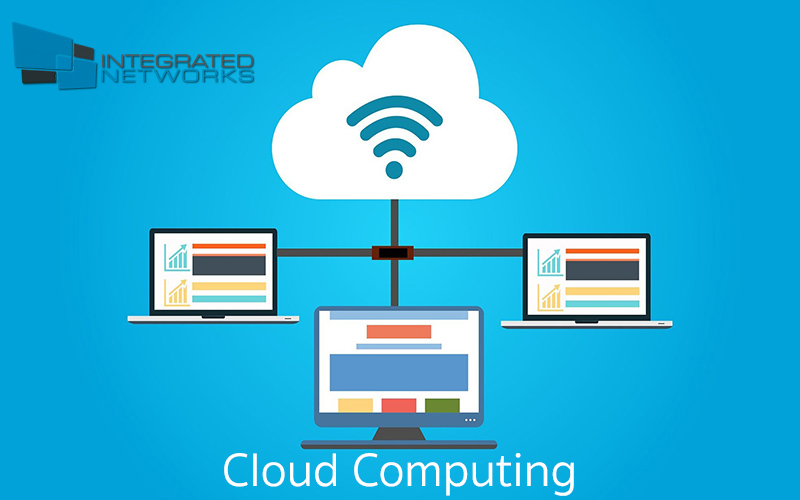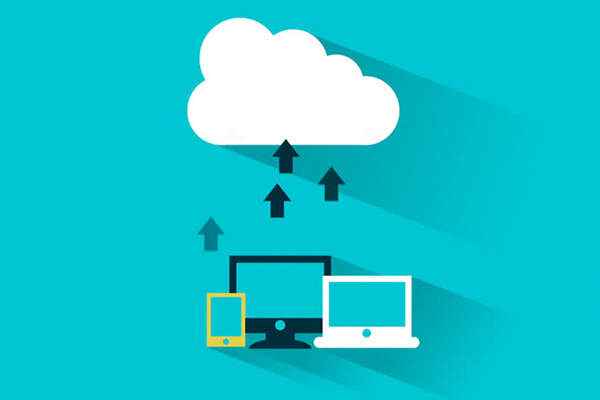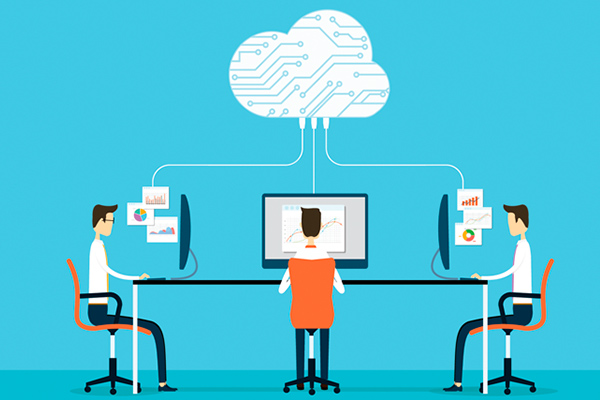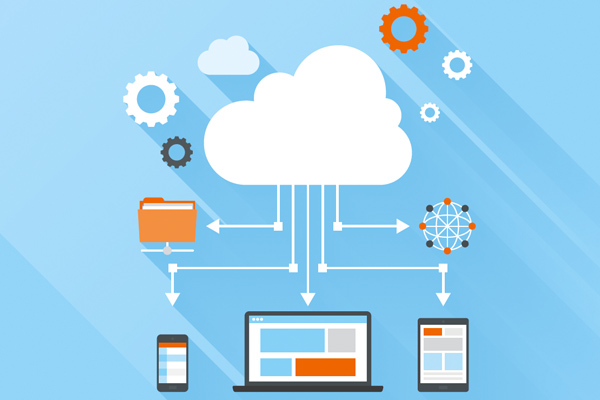cloud computing
Cloud Computing
Simply put, cloud computing is the delivery of computing services—including servers, storage, databases, networking, software, analytics, and intelligence—over the Internet (“the cloud”) to offer faster innovation, flexible resources, and economies of scale. You typically pay only for cloud services you use, helping you lower your operating costs, run your infrastructure more efficiently, and scale as your business needs change.


Understanding Cloud Computing


Benefits of Cloud Computing for Your Business
Cloud computing is a popular option for people and businesses for a number of reasons including cost savings, increased productivity, speed and efficiency, performance, and security.
Cloud computing can be both public and private. Public cloud services provide their services over the Internet for a fee. Private cloud services, on the other hand, only provide services to a certain number of people. These services are a system of networks that supply hosted services. There is also a hybrid option, which combines elements of both the public and private services.
Types of Cloud Services
Regardless of the kind of service, cloud computing services provide users with a series of functions including:
- Storage, backup, and data retrieval
- Creating and testing apps
- Analyzing data
- Audio and video streaming
- Delivering software on demand




